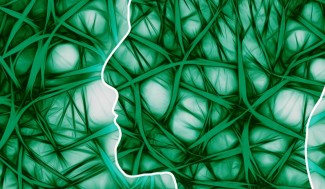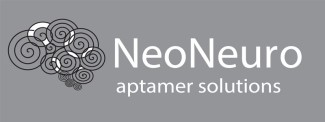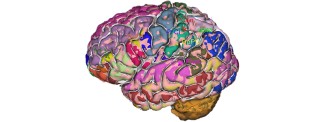
The Centre for Neuroinformatics is a transverse structure in the Institute, gathering researchers, engineers, and IT people, united to promote excellence in data management, data analysis, and scientific computing across the whole Paris Brain...
04.12.2019
Research, science & health

Brain plasticity is the dynamic process happening in our brain as we learn through experience, and it varies greatly with age. What are the mechanism behind this? A study conducted by Alberto Bacci’s team at the Institut du Cerveau - ICM discovered...
01.09.2019
Research, science & health

Diagnosing Disorders of Consciousness (DoC) is difficult and requires robust and reliable tools. A study conducted by Denis Engemann (Inria, French national research institute for the digital sciences – CEA NeuroSpin) and Federico Raimondo...
10.10.2018
Research, science & health

A recent study conducted by a research team around Hilke Plassmann, the INSEAD Chaired Professor of Decision Neuroscience & Paris Brain Institute (Paris Brain Institute – Inserm/CNRS/Sorbonne Université), a principal investigator in the Social...
07.12.2018
Research, science & health

Would you rather have a piece of chocolate cake or steamed veggies? Making healthy food choices isn’t always easy! A study conducted by a team of researchers around Liane Schmidt (Inserm) and Hilke Plassmann (INSEAD) at the Brain and Spine Institute...
06.07.2018
Research, science & health

INSIGHT study highlights compensation mechanisms in patients with Alzheimer’s disease lesions used to maintain intellectual and memory capabilities.
03.24.2018
Research, science & health

Bassem Hassan’s team at Institut du Cerveau - ICM discovered a specific type of neural stem cell and deciphered a highly precise temporal control mechanism for their function during brain development in Drosophila (fruit flies). The results were...
03.23.2018
Research, science & health

Alzheimer’s disease represents one of the largest remaining unsolved threats to our health. This disease in common with other neurological disorders has been elusive because it is hard to diagnose. Our current ability to diagnose Alzheimer’s disease...
01.22.2018
Research, science & health

How can we know if a patient is conscious if he or she is unable to communicate? Disorders of consciousness can be differentiated in two types: the “vegetative” state, with no awareness from the patient and the “minimally conscious” state, with a...
09.28.2017
Research, science & health

Prof. Cori Bargmann from Rockefeller University was at the Brain and Spine Institute – Institut du Cerveau - ICM on June 6th 2017 to give a conference on « Neuromodulatory regulation through timescales in C. Elegans nematodes ».
08.27.2017
Research, science & health

Restlessness in sleep is common, however it may be a symptom of two illnesses that seem to be complete opposites: sleepwalking and behavioral disorders in REM sleep. The first affects a younger population and takes place during deep sleep, whereas...
07.26.2017
Research, science & health

The first WIRED (Workshop on Intracranial Recordings in humans : Epilepsy, DBS) will be held at the Institut du Cerveau - ICM on October 3 and 4. Conferences, technical discussions, poster session, commercial solutions, wine and cheese… all...
07.17.2017
Research, science & health

